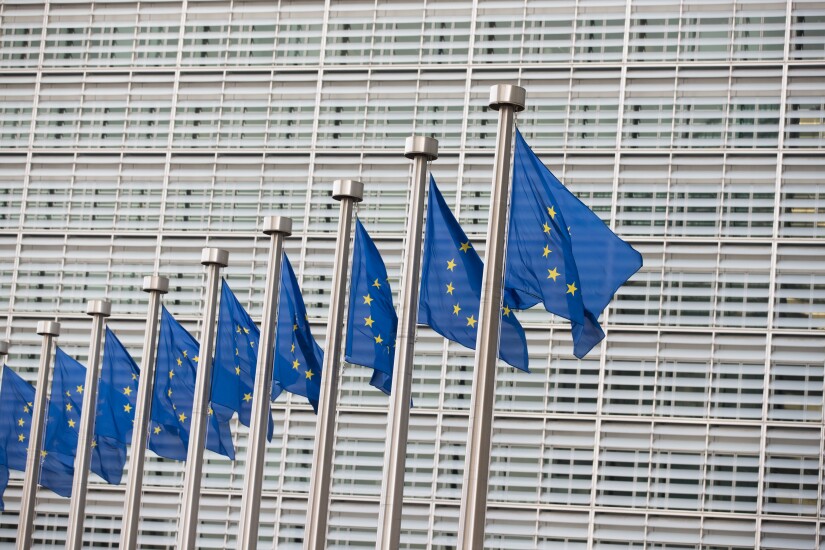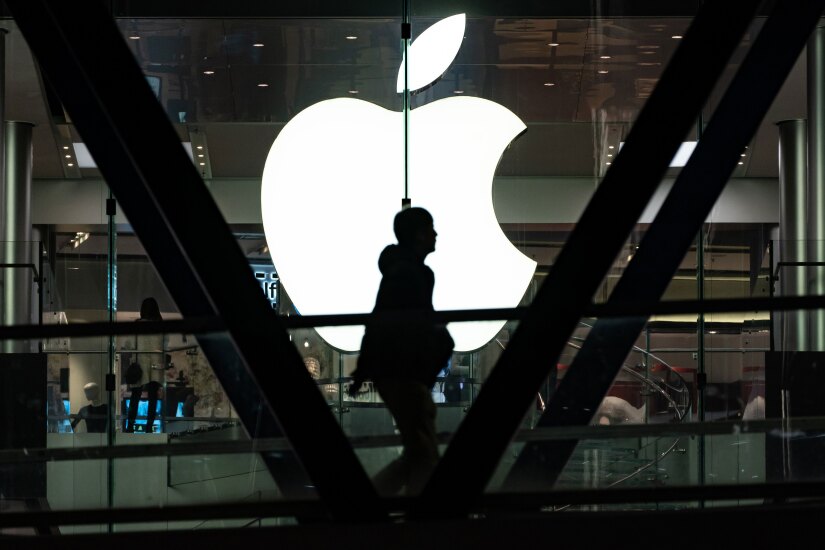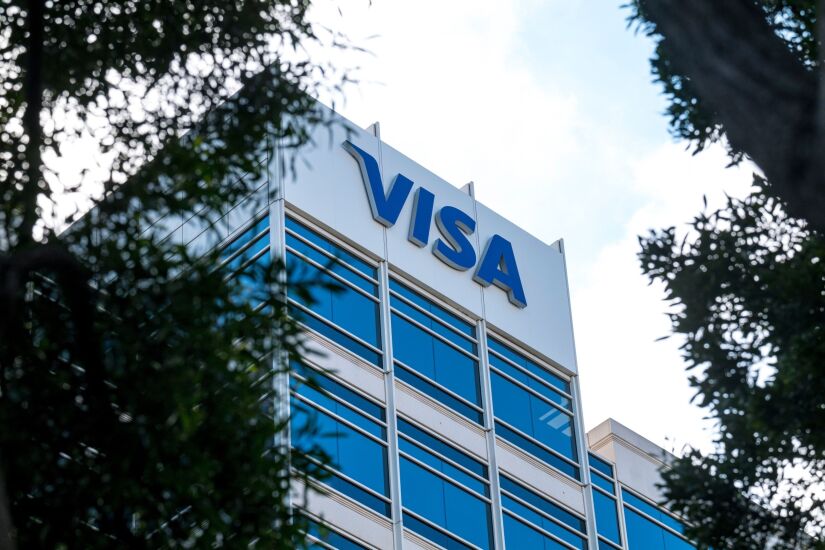Revolut is seeking a bump in its valuation; Visa extends and expands its partnership with Lloyds; and more. Here's what's going on in the world of payments.

Europe threaten billions in fines over Apple payment violations
The EU's rules say developers using the App Store and similar marketplaces must inform their customers of less expensive payment options, and enable steering to those options free of charge. The EU accuses Apple of violating these rules by not allowing developers to provide pricing information, among other alleged violations.
Apple was given until March 25, 2025 — which is one year after the original investigation was announced — to respond to the EU's most recent assessment, which was issued June 24. If the EU finds Apple is in violation of Europe's Digital Markets Act, it could be fined 10% of its global revenue for 2023, which would be more than $38 billion. The commission this week also opened a new compliance investigation into Apple's updated contract terms, contending Apple has retained older terms that do not allow alternative payment channels.
Apple said this week that it would not provide some of its new artificial intelligence-powered products in the EU due to the tougher regulations. Apple did not provide comment to American Banker by deadline. It told
The EU has been investigating Apple for potential anti-competition rules violations for at least four years. In 2022, the Commission accused Apple of
And
In earlier
These analysts also caution that Apple and Google's security products and user experience will continue to provide an advantage for the large technology firms. — John Adams

Revolut pushes for a higher valuation
Revolut was most recently valued at $25 billion, which is down from its $21 billion valuation at the peak of the fintech market in 2021, according to the
Revolut in late 2023
Revolut is also attempting to extend its strong European payments business to the U.S. to
The success of Revolut's pending share sale will draw attention from other payment firms and fintech investors that are looking for signs that the

Former JPMorgan payments boss will join Fiserv
Fiserv's recent moves include seeking a
"Takis' extensive payments and leadership experience and operational expertise will be an outstanding addition to our strong team, as we continue to focus on creating value for our clients while investing in our products, services and people," said Frank Bisignano, chairman, president and CEO of Fiserv, in a release.
During his 17-year career at JPMorgan, Georgakopoulos helped lead the bank's moves in mobile payments, including the development of clearXchange, the bank-supported funds transfer app that became Zelle. He was also involved in the bank's adoption of e-commerce, biometrics and blockchain.
Current JPMorgan payment executives Umar Farooq and Max Neukirchen will succeed Georgakopoulos. — John Adams

iPhone payment picks up steam in Germany
Viva.com already offers Tap to Pay in the U.K., the Netherlands, France and Italy. Nexi offers the technology in Italy.
Apple recently announced upgrades to its operating system that include a newer version of Tap to Pay called

Visa keeps Lloyds card business
The current deal includes services for all consumer and business debit cards, and a majority of credit cards, totaling more than 30 million accounts. The renewal will migrate an additional 10 Lloyd Banking Group-issued cards to Visa by the end of 2026.
In addition to expanding card issuance, Lloyds, Halifax and Bank of Scotland also recently became part of a project to pool ATMs with other banks in the U.K. to

PayPal invests in tech-financing firm
Gynger plans to use the funding to scale by tapping into the growing market of businesses that are buying new software and other technology, particularly as generative AI expands into the mainstream for enterprise use.
PayPal also recently invested

Nuvei gets approval to expand in the Middle East
The move gives a boost to Nuvei's strategy to reach clients in the Middle East and North Africa, or MENA, region, and its broader international expansion plans. Nuvei recently signed a deal with

Corpay to buy cross-border payments firm
Corpay Chairman and CEO Ron Clarke said in the release that the proposed deal would be Corpay's third-largest acquisition, putting the firm on track to reach $2 billion in annual corporate payments volume by 2026. If the acquisition is approved, Corpay will be in a position to process cross-border payments for 23,000 customers in more than 145 currencies across six continents, the release said. —Kate Fitzgerald

Russia’s richest woman gets Putin’s nod to build payments system
Bakalchuk's Wildberries — Russia's answer to Amazon — is starting a venture with Russ Group, the nation's biggest outdoor advertiser, to build a digital market to help small- and medium-size businesses promote and export their products, the company said this week. They also plan to create a payments platform that may offer a substitute for the dominant cross-border network, known as Swift, according to two people close to the Kremlin who declined to be identified.
The effort has been personally approved by President Vladimir Putin, who chose Maxim Oreshkin, deputy head of the Kremlin's administration, to supervise it, the people said, asking not to be identified. There are no guarantees that the payment system will be successful, one of them said. Putin spokesman Dmitry Peskov said by text message that the president has ordered officials to consider Wildberries' and Russ' digital platform project, but that there aren't any details yet.
Swift is the main messaging network through which international payments are initiated. Created in the 1970s, it links some 11,000 institutions across more than 200 countries and territories. The U.S. and European Union sanctioned Russia's key lenders after the Ukraine invasion, cutting them off from Swift and forcing Russia to use other payment options for imports and exports.
Wildberries declined to comment on its plan for a payments system.
Bakalchuk — who isn't viewed as close to the Russian president — spoke at his flagship economic forum in Saint Petersburg earlier this month and said she believed that private business in Russia has a future and is developing, although state support is required.
"Bakalchuk understands very well that the crisis is the time of opportunities," said Alexandra Prokopenko, a fellow at Carnegie Russia Eurasia Center. "She's seeking to expand the business to protect it, to become too big to fail and more visible to the Kremlin." — Bloomberg News





